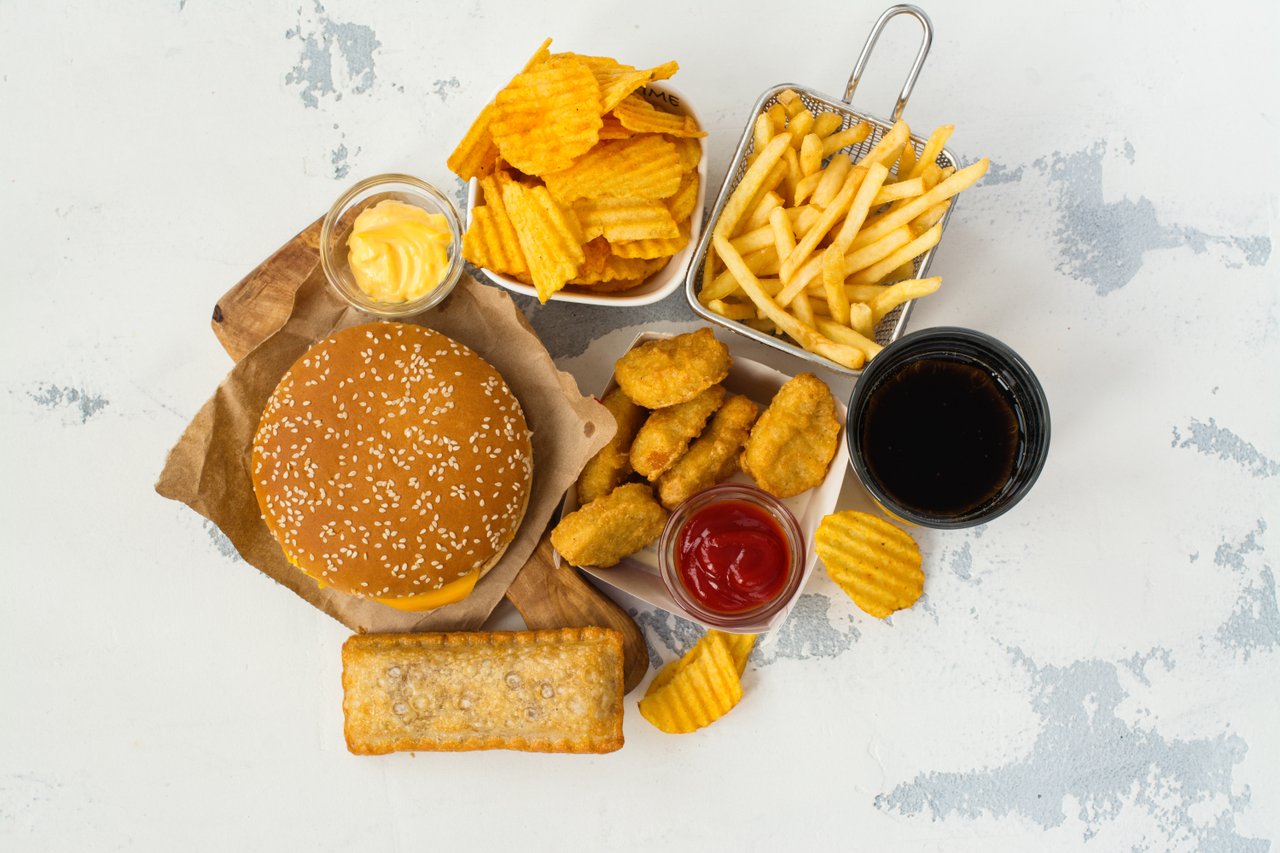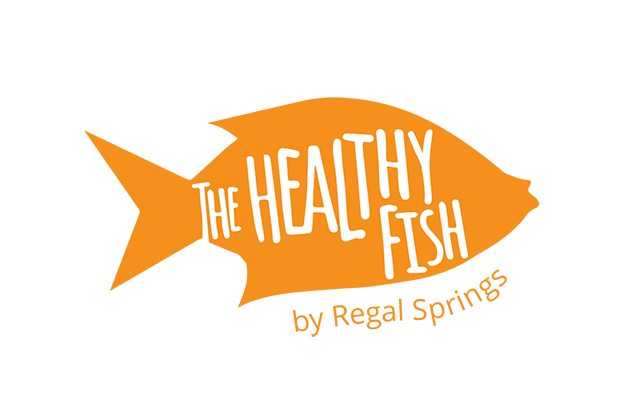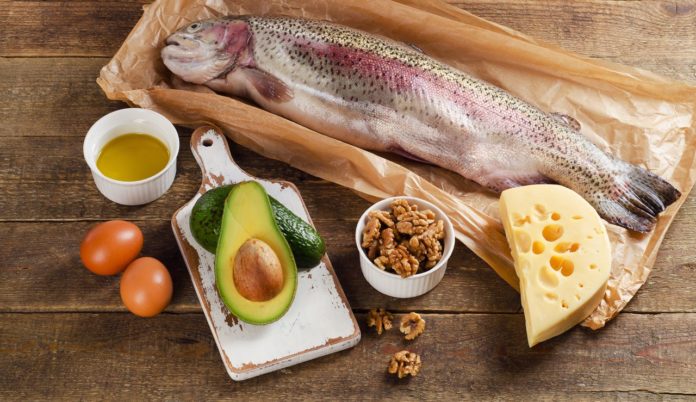Dietary fat gets a bad rap, but really it’s just a macronutrient that provides energy for your body. In fact, fats are essential for healthy body functioning—without them, your body is unable to absorb some of the vitamins you need. But certain dietary fats can have harmful effects, so it’s important to know the difference between various fats and what foods you can find them in.
Harmful Dietary Fats
Saturated Fats
Saturated fat comes from animal sources of food such as red meat, poultry and full-fat dairy products. It raises levels of low-density lipoprotein (LDL) or “bad” cholesterol, so it’s best to avoid it when possible.
To cut back on saturated fat in your diet, reduce your consumption of red meat, poultry and full-fat dairy products. Instead, opt for foods that contain healthier unsaturated fat. Some examples are nuts, extra virgin olive oil and polyunsaturated margarine.
Trans Fats

Trans fats occur naturally in meat and dairy but are most often found in processed foods as a byproduct of the partial hydrogenation process. Consuming this fat can result in increased levels of LDL or “bad” cholesterol and lower levels of “good” high-density lipoprotein (HDL) cholesterol, which may increase the risk of heart problems like cardiovascular disease.
To minimize consumption of trans fats, avoid foods made with shortening or partially hydrogenated oils, and watch out for anything that has trans fats listed on the nutrition label. When dining out, avoid fried foods as much as you can. Most fast food restaurants use trans fats to deep-fry foods because the oil can be used many times in commercial fryers.
Healthy Fats
Monunsaturated Fats
Monounsaturated fat actually improves blood cholesterol, can help insulin levels and control blood sugar—which is especially helpful for people with Type 2 diabetes.
To obtain the health benefits of monounsaturated fats, consume whole milk products, nuts, peanut butter and avocados. Plant-based oils such as olive oil, canola oil and peanut oil are also good sources.
Polyunsaturated Fats

Polyunsaturated fats are commonly found in nuts, seeds, tofu and soybeans as well as certain varieties of fish such as salmon, mackerel and Tilapia.
Commonly found in plant-based foods and oils, polyunsaturated fats improve blood cholesterol levels. They also contain omega-3 and omega-6 fatty acids, which are essential for brain function and cell growth.
The bottom line? Avoid trans fats and watch your intake of healthy fats too, since they are high in calories which can lead to weight gain. However, be sure to get enough of them to absorb the nutrients you need and keep your cholesterol low. Here are some easy swaps you can make to get a better mix of dietary fats:
- Cook with olive oil or polyunsaturated margarine instead of lard or shortening
- Opt for baked foods instead of fried foods
- Instead of eating red meat or poultry, try swapping in fish when possible
Looking for more healthy living tips? Check out these 6 lifestyle habits that promote good heart health or some simple dietary swaps.
Photo Credits: bitt24 / Shutterstock Inc., Ekaterina Markelova / Shutterstock Inc., Regal Springs






